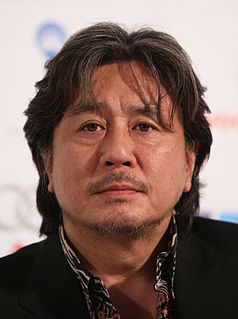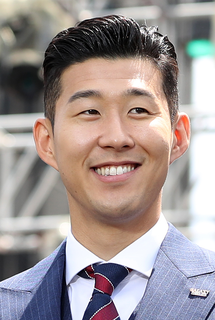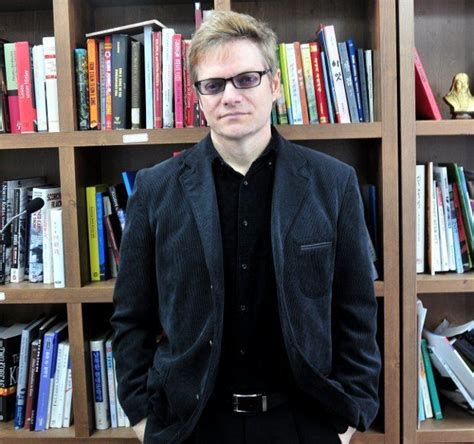A Quote by Min-sik Choi
Western ghosts are evil, but Korean ghosts are about making peace. That is part of our Korean psyche.
Related Quotes
Ghosts Take shape under moonlight, materialize in dreams. Shadows. Silhouettes of what is no more. But ghosts don't bother me. The day brings bigger things to worry about than flimsy remains of yesterday. No, spooks don't scare me. Gauzy apparitions might prank your psyche or agitate your nightmares, but lacking flesh and blood they are powerless to hurt you-cannot hope to inflict the kind of damage that real, live people do.
Beijing cannot sit by and let her North Korean ally be bombed, nor can it allow U.S. and South Korean forces to defeat the North, bring down the regime, and unite the peninsula, with U.S. and South Korean soldiers sitting on the Yalu, as they did in 1950 before Mao ordered his Chinese army into Korea.




































